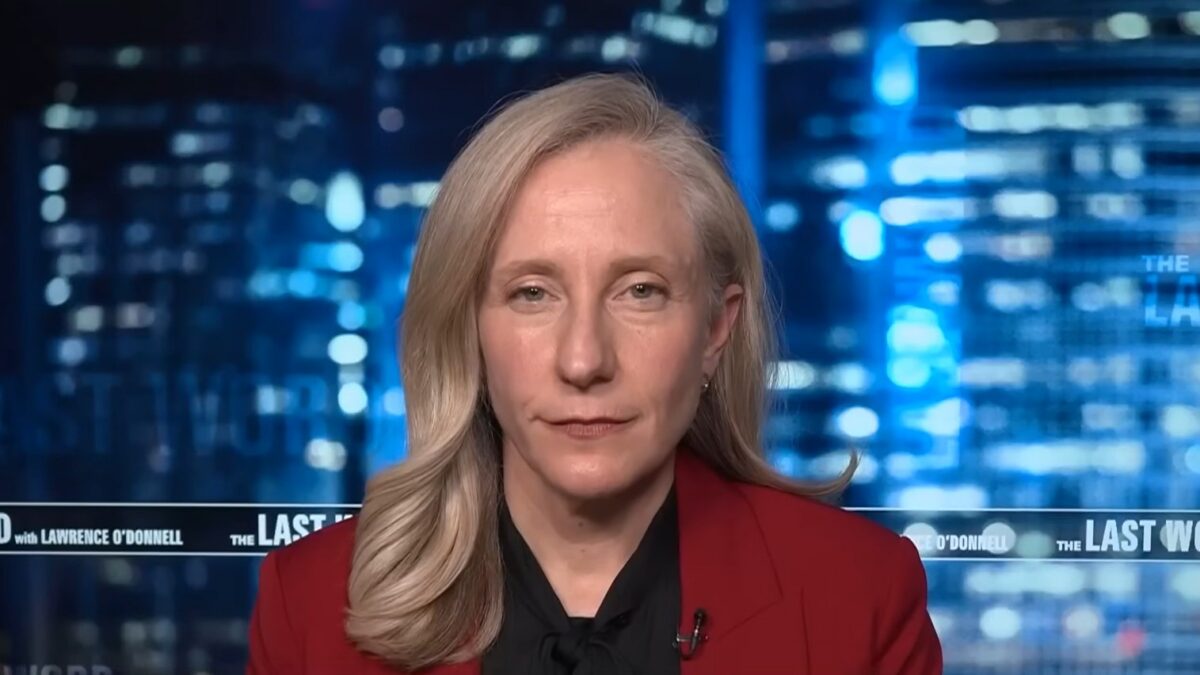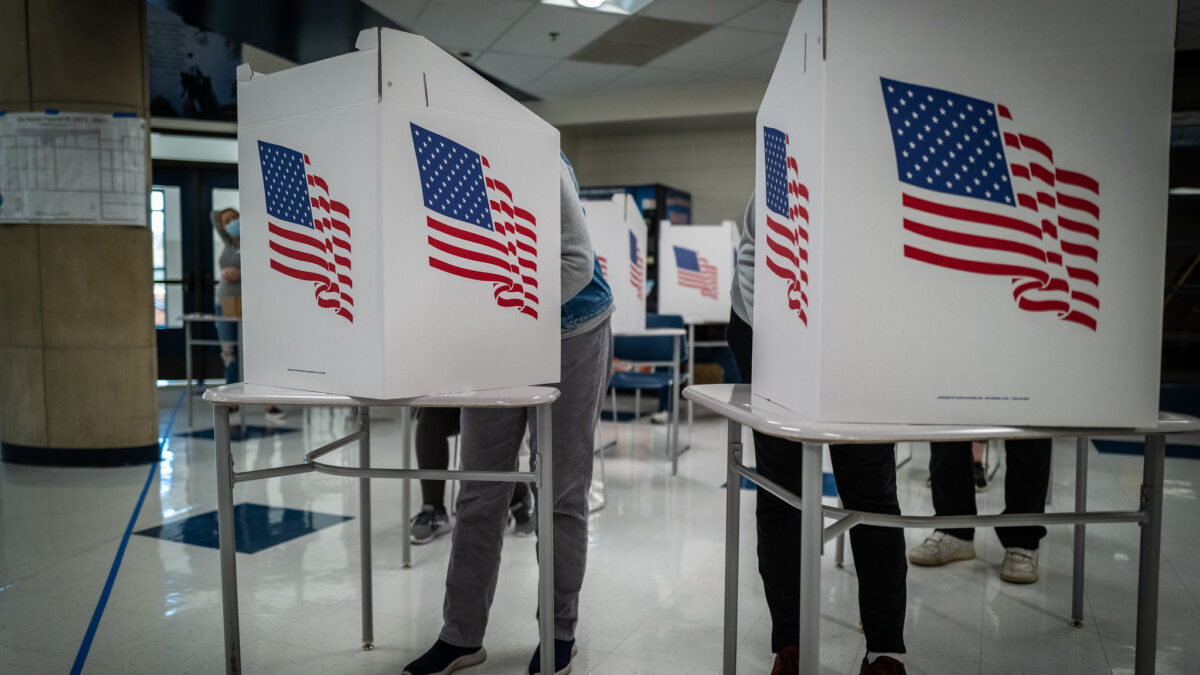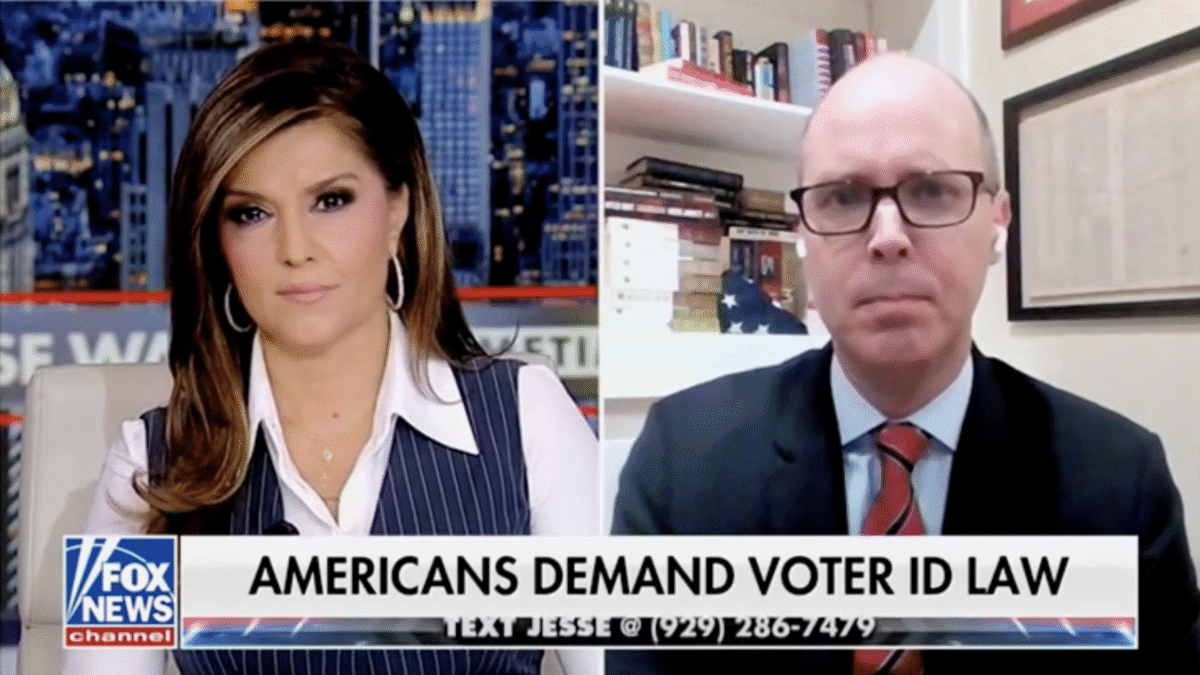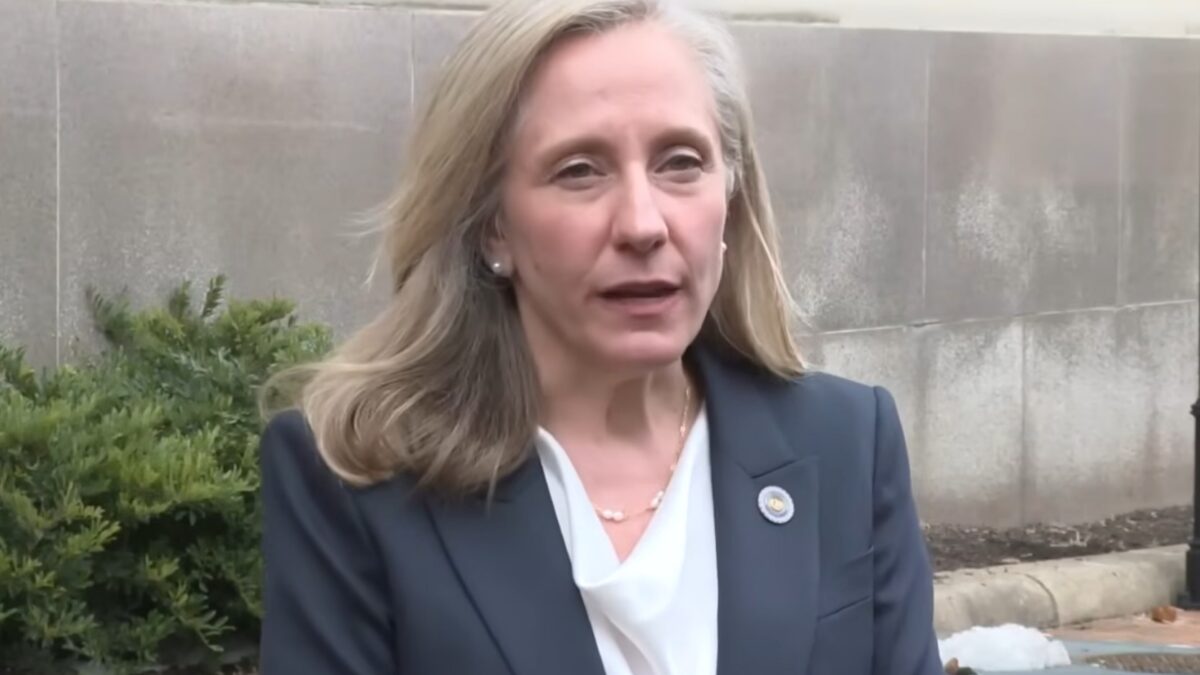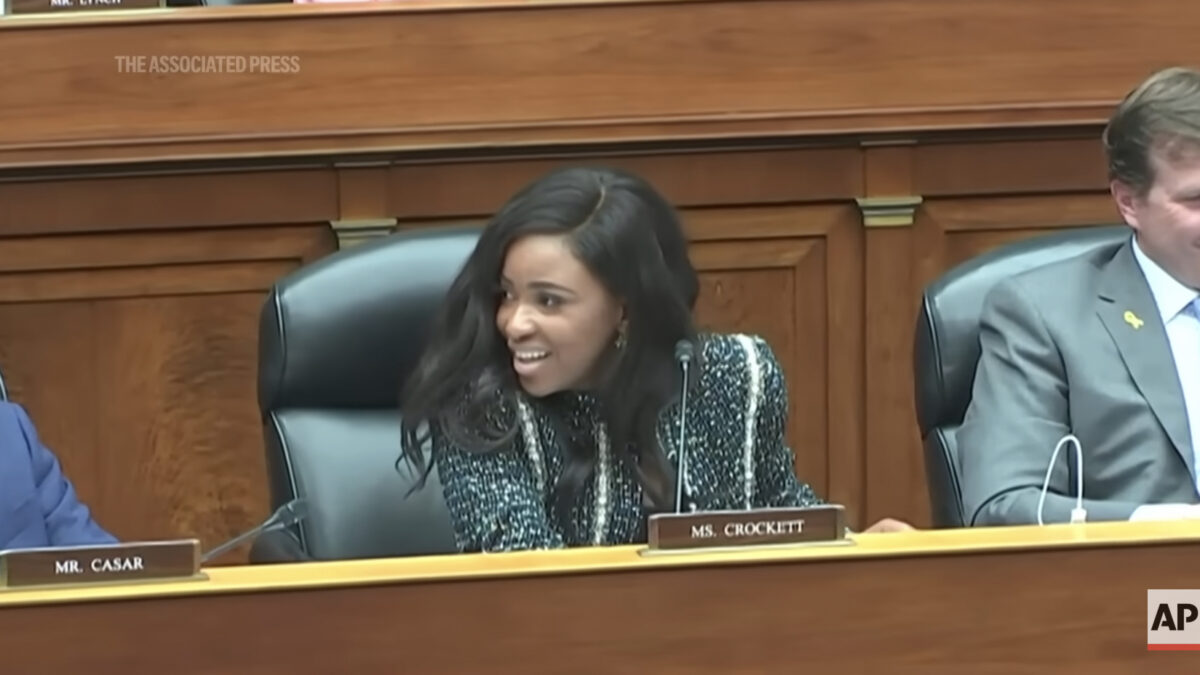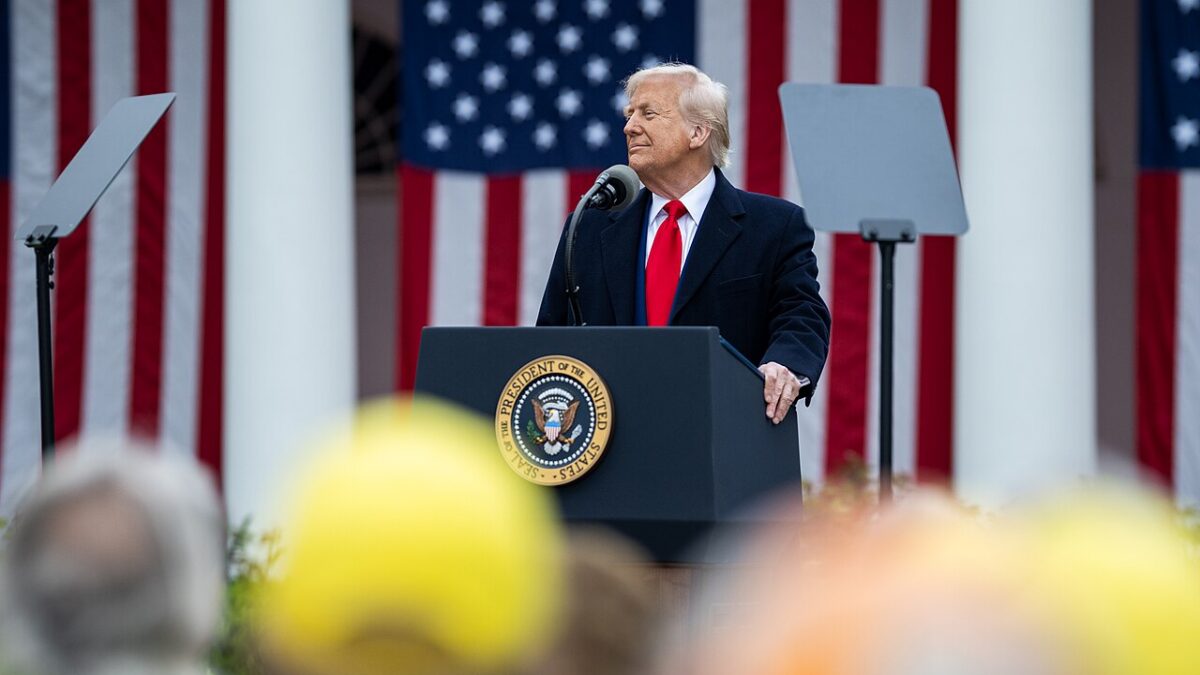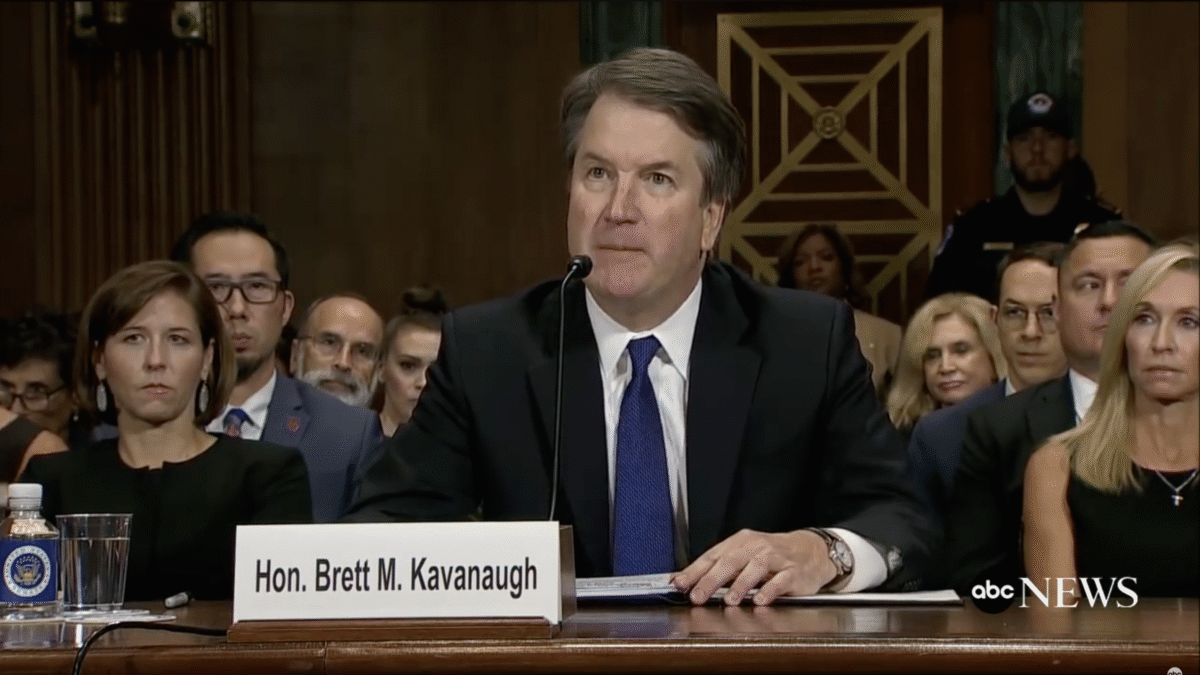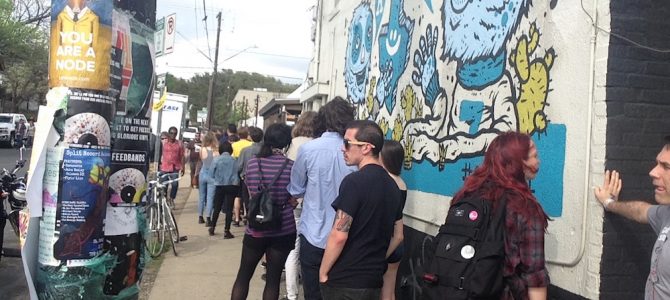
The big story to come out of SXSW this year was the awkward absence of ridesharing giants Uber and Lyft, and the lackluster performance of local ridesharing apps Fasten and RideAustin, which crashed on the first big weekend night of the festival.
To be fair, the bad press—Bloomberg’s headline declared, “Upstart Ride Services Fail in South by Southwest Test”—overstated the situation. After all, SXSW is now so massive and sprawling (150,000 people come through the city in the course of ten days), there was bound to be some transportation problems, as there is every year.
But the larger problem for Austin wasn’t logistics, it was perception. Austin has a reputation for being cool. Ask anyone from New York or San Francisco what they think of Texas and they’ll usually scoff but then say of course Austin’s different, they love Austin. Not only is it a progressive haven in a deep-red state, it’s also the live music capital of the world, boasting more bars per capita than anywhere in the country. In recent years, it’s become a start-up mecca, dubbed the “Silicon Valley of the South”—a shining beacon of innovation and creativity, and one of the fastest-growing cities in the country.
This is why SXSW is so important to the city. What began 30 years ago as a regional music festival to showcase southern bands to record labels on the coasts has become a kind of entertainment and tech industry bacchanal. For ten days every March, the biggest tech brands descend on the city, along with aspiring and established artists, every manner of start-up, and media outlets from every corner of the world. With all eyes on Austin, SXSW is more than just a big festival that generates some $325 million every year, it’s the city’s annual 15 minutes of fame.
How Austin Lost Uber And Lyft
Hosting SXSW without Uber and Lyft was therefore a huge risk—and totally unnecessary. Last year, the companies made good on their promise to leave town if the city imposed new fingerprint requirements for drivers. Such requirements are rare for a city of Austin’s stature. Lyft doesn’t operate in any city where fingerprinting is required (except New York City), and both companies have threatened to leave much larger markets over fingerprinting, which they say makes it impossible to sign up enough drivers to keep fares low.
But for as much as the ridesharing outage at SXSW seemed to be the fault of local ridesharing apps Fasten and RideAustin, which were unprepared for the surge in demand, the blame really rests with Austin’s political leadership.
Here’s the backstory. Under the guise of “consumer safety,” and with the backing of the city’s taxi cab companies and local press, the city passed a strict ridesharing ordinance in December 2015 that required fingerprinting, “trade dress” for rideshare vehicles, restrictions on where drivers can pick up and drop off passengers, and a burdensome data reporting scheme. Uber and Lyft proposed a more lax set of regulations, which voters narrowly rejected in a referendum vote in Austin last spring, which meant the city’s more onerous regulations would stand.
Instead of realizing the danger he had created for Austin’s reputation as a tech-savvy city, Mayor Steve Adler, in a moment of out-of-touch hubris, said that he thought the city was innovating too fast for Uber and Lyft. And sure enough, after the departure of Uber and Lyft, smaller ridesharing companies sprang up: Fasten, Fare, and the nonprofit RideAustin.
Austin’s Politicos Are Hostile To Disruptive Innovation
At the time, it seemed like the big question was could these smaller firms fill the vacuum left by the two largest ridesharing companies in the world, each of which claimed to have 10,000 drivers in Austin when they pulled out of the city?
But that was never really the question. The demand for ridesharing in Austin, which has a woefully underbuilt and mismanaged public transit system, was so strong that replacements for Uber and Lyft were bound to step in to meet that demand—and reap the profits. (Demand was strong enough that a vibrant black market for ridesharing sprang up alongside the new companies.)
The real question was, what would this do to Austin’s reputation? In the context of SXSW, the question takes a discernable shape. How do you explain to a bunch of Silicon Valley techies that Austin, supposedly the Silicon Valley of the South, managed to drive away the world’s largest ridesharing companies? Why did the city council insist on fingerprinting? For safety? Is it more dangerous to ride an Uber in Austin than it is in Baltimore?
No one believes that, which is why SXSW attendees were taken aback to discover there was no Uber or Lyft in Austin, of all places. Every festivalgoer I spoke to this year, including founders of Silicon Valley startups, expressed dismay at the local ridesharing options and the absence of Uber and Lyft. They all reported rideshares that charged them but never showed up, charged outrageous fees for short rides, or apps that continually crashed, requiring them to delete and re-download. Compared to Uber and Lyft, Austin’s ridesharing apps were “way less convenient” and “inferior.”
Admittedly, this is merely anecdotal, and by all accounts there are a comparable number of drivers for Fasten, Fare, and RideAustin as there were for Uber and Lyft. For their part, every driver I spoke to seemed to prefer working with these smaller companies, and none had any complaints about working the SXSW grind.
But that’s not why this matters. The big takeaway from SXSW 2017 is that reputation and perception matter, and if you only pay lip-service to disruptive innovation while using the pretext of “consumer safety” to protect incumbent interests, sooner or later everyone will find out.
Whether every SXSW festivalgoer realized it this week or not, the truth is out there: Austin’s municipal leaders are hostile to true innovation. Even now, they pretend what’s happening is the result of market forces, not their own sclerotic progressive leadership and protectionist policies. “What happened in Austin is what you would expect to happen when a monopoly or a duopoly leaves town and creates an open market. You have competition and innovation,” Mayor Adler told CNNTech.
No, mayor, it’s not. Competition and innovation flourish when regulatory regimes refuse to tip the scale in favor of incumbent interests. Adler and Austin’s city council don’t get that—or they don’t care. Why else would they crack down on short-term rental companies like Airbnb and HomeAway during SXSW? Why would they require fingerprints for rideshare drivers when almost no other cities impose such a regulatory burden?
Austinites all know why. And now, so does the rest of the world.


